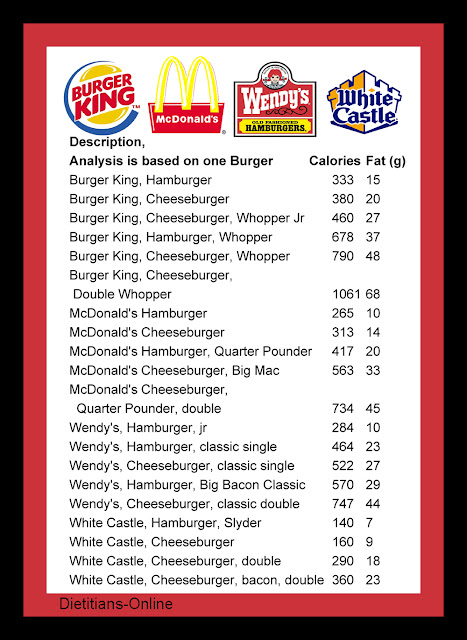The nutrition information below is based on 1/2 cup of cooked beans prepared from dry beans. No salt has been added; therefore, sodium levels are insignificant. Beans contain no cholesterol and a small amount of fat. Beans are a great source of fiber, high in potassium, and contain many B vitamins. Beans also provide between 7% to 18% of one's daily iron needs.
All About Beans
The U.S. Dry Bean Council (USDBC) is a private trade association comprised of leaders in the bean industry with the common goal of promoting the U.S. edible bean trade, both in the United States and abroad, and educating U.S. consumers about the benefits of beans. The USDBC gives a voice to the bean industry and informs consumers, health professionals, buyers, suppliers, and the media about the good taste, nutritional value, and versatility of beans.
The USDBC is also a resource for information on U.S. exporters, overseas importers, U.S. dry bean classes, trade policy issues, and the role of U.S.-grown beans in international food-aid efforts. USDBC also publishes foreign language newsletters and other publications designed to help overseas importers, packagers, and canners better understand and maintain contact with the U.S. dry bean exporting trade.
As part of USDBC's mission, the organization collaborates with public health organizations, research centers, universities, and the entire supply chain, from seed suppliers to farmers, processors, wholesalers, distributors, and transporters.
While the USDBC is privately funded, its representatives work closely with the U.S. Department of Agriculture (USDA) in overseas markets and often co-sponsor activities with the U.S. Government. These activities include hosting trade missions from foreign countries to visit U.S. production and processing facilities, participating in trade shows worldwide, coordinating trade missions of U.S. exporters and growers to visit overseas markets, and producing education.
The USDBC is headquartered in Washington, D.C., with a marketing office in Pierre, South Dakota. In addition, USDBC representatives worldwide facilitate activities and dialog between U.S. and overseas trade.
Benefits
Unlike meat-based proteins, beans are naturally low in fat and are a cholesterol-free source of protein. Research shows that a diet including beans may reduce your risk of heart disease.
A nutrient-rich food, beans contain protein, complex carbohydrates, fiber, antioxidants, and essential vitamins and minerals, such as folate, B vitamins, manganese, potassium, and iron.
Folate, a vitamin essential for pregnant women and their unborn babies, is found in beans. During pregnancy, women need more folate. Expectant mothers who consume enough of the proper nutrients can help reduce the risk of birth defects.
Beans are especially important for people with specific food allergies and intolerances. For example, some people can't tolerate gluten, a natural protein in wheat, barley, and rye. Because beans don't contain gluten or significant allergens found in various grains, substituting beans can help provide the fiber and other nutrients that people on restricted diets may need to include. Beans come in various convenient forms (such as canned beans, bean flour, and dehydrated beans) that can replace allergenic and gluten-containing ingredients.
Recipe Resource
U.S. Dry Bean Council
Black Bean Soup Garnished with
Green Onions

















